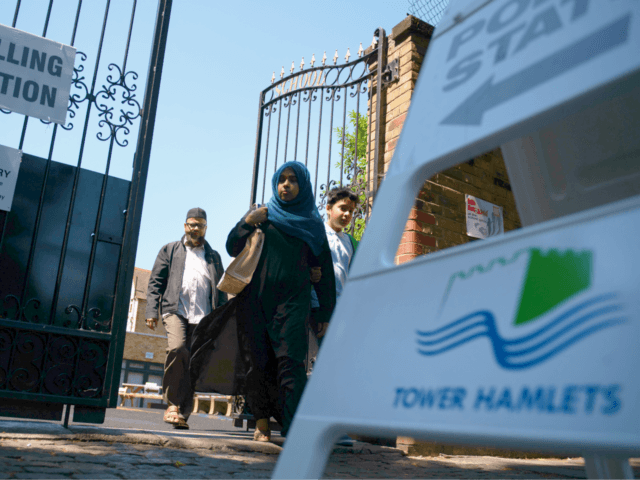The populations of all regions in England are projected to grow over the next ten years, with London expanding fastest and the largest surge in numbers in the borough of Tower Hamlets.
For England as a whole, the population is projected to grow by 5.9 per cent over the next decade, from 55.3 million in mid-2016 to 58.5 million in mid-2026, the latest Office for National Statistics (ONS) numbers reveal.
If current trends continue, London will surge by 8.8 per cent in ten years, rising from a city of 8,770,000 to 9,543,000 – an increase of more than three-quarters of a million.
Net international migration to the capital will be 754,000, with a similar number leaving the city for other regions of the UK, and the growth coming from “natural” change – births outnumbering deaths.
Tower Hamlets, in east London, will explode by 17.8 per in ten years, growing by more than the entire North East region over the decade.
The East is the second fastest growing region after London, booming by 7.3 per cent over the same period, an increase of nearly half a million, to 6,573,000.
Next are the South West and the South East regions, growing by 6.6 per cent and 6.4 per cent respectably, to 5,881,000 and 9,605,000. In the North East, meanwhile, growth is projected to go up by just 1.9 per cent, with the population increasing by 50,000 over the decade.
Andrew Nash, of the Population Projections Unit at the ONS, appeared to recognise that much of the projected growth was due to migration, even in London, where the many people leaving the city for other areas will be offset by those coming from abroad.
“While the overall populations of all regions in England are projected to increase over the next decade, reasons for these increases vary greatly depending on where you live,” he said.
He said that in London, “net inflow of international migrants is offset by a similar number of people moving to other parts of the UK. That contrasts with the North East, where growth is mostly down to [net] migration.”
He added: “What’s also clear is that the population is ageing in all regions, with the number of people aged 65 and over growing considerably faster than younger age groups.”
‘Unsustainable’: Non-UK Born Population Record High, One Tenth Foreign National https://t.co/4d1A1s2dIO
— Breitbart London (@BreitbartLondon) May 24, 2018

COMMENTS
Please let us know if you're having issues with commenting.